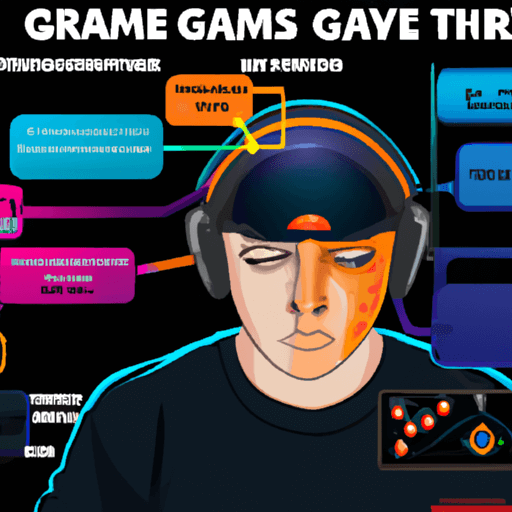The Psychological Impacts and Benefits of Gaming and Esports
In recent years, video gaming and esports have acquired a significant place in pop culture. The industry's growth can primarily be attributed to its potential for cognitive development, motor skills improvement, and social interaction. However, emerging research hints towards negative impacts as well, including addiction and risky mental health outcomes. This article explores both sides of the coin, integrating the latest research findings and expert opinions.
Cognitive and Motor Skills Development
Research indicates that strategic and action video games can improve key cognitive functions such as spatial navigation, memory, strategic planning, and fine motor skills in the hands. Dr. Daphne Bavelier, a Cognitive Neuroscience researcher, supports the role of gaming in enhancing cognitive abilities. She states, Video game players are better at dealing with distractions, which results in improved attention and focus.
Potential for Addiction and Mental Health Risks
As with any pleasurable activity, video gaming involves the risk of addiction. The excitement that video games offer can lead players to push off other life responsibilities, which is characteristic of an addictive behavior pattern. Likewise, a 2019 study published in the Journal of Behavioral Addictions found a correlation between heavy video game use and increased risk for depression, anxiety, and social phobia. Experts like Dr. Mark Griffiths, Professor of Behavioral Addiction, warn that while many enjoy gaming without issue, those predisposed to addictive behaviors should be cautious.
The Role of Online Social Interactions
Online games offer a platform for social interaction, acting as a gathering hub for players worldwide. Dr. Rachel Kowert, a Psychologist specializing in video game research, observes that online gaming can benefit people who struggle with offline social interactions, such as those with autism, by providing a controlled, structured environment for socializing.
The Esports Boom and Its Role in Shaping Players’ Health and Wellbeing
The esports industry has experienced an unprecedented growth over the last decade. With professional players practicing for up to 12 hours a day, potential physical and mental health problems become a concern. While the industry encourages competitiveness and advancement of motor skills, it can also lead to stress, sleep disorders, and burnout. Experts like Dr. Anna Sawyer suggest implementing safety measures, such as limited practice hours, regular physical exercise, and mental health support to mitigate these risks.
Comparing Casual Gaming, Competitive Gaming, and Professional Esports
Gameplay intensity can influence the impact it has on a player's wellbeing. While casual gaming has been linked with stress relief and cognitive benefits, increased intensity seen in competitive gaming and professional esports can pose bigger physical and mental health risks. Research conducted by Dr. Daniel Johnson, however, indicates that regardless of intensity, all games can foster feelings of competence, self-esteem, and social connectivity, demonstrating their important role in our society.
Conclusion
As video gaming and esports continue to grow, understanding the psychological impacts is crucial. Emphasising moderation, supporting physical and mental health, and catering to individual differences can help harness the benefits while mitigating potential negatives in the gaming world.



















Comments
Leave a Comment